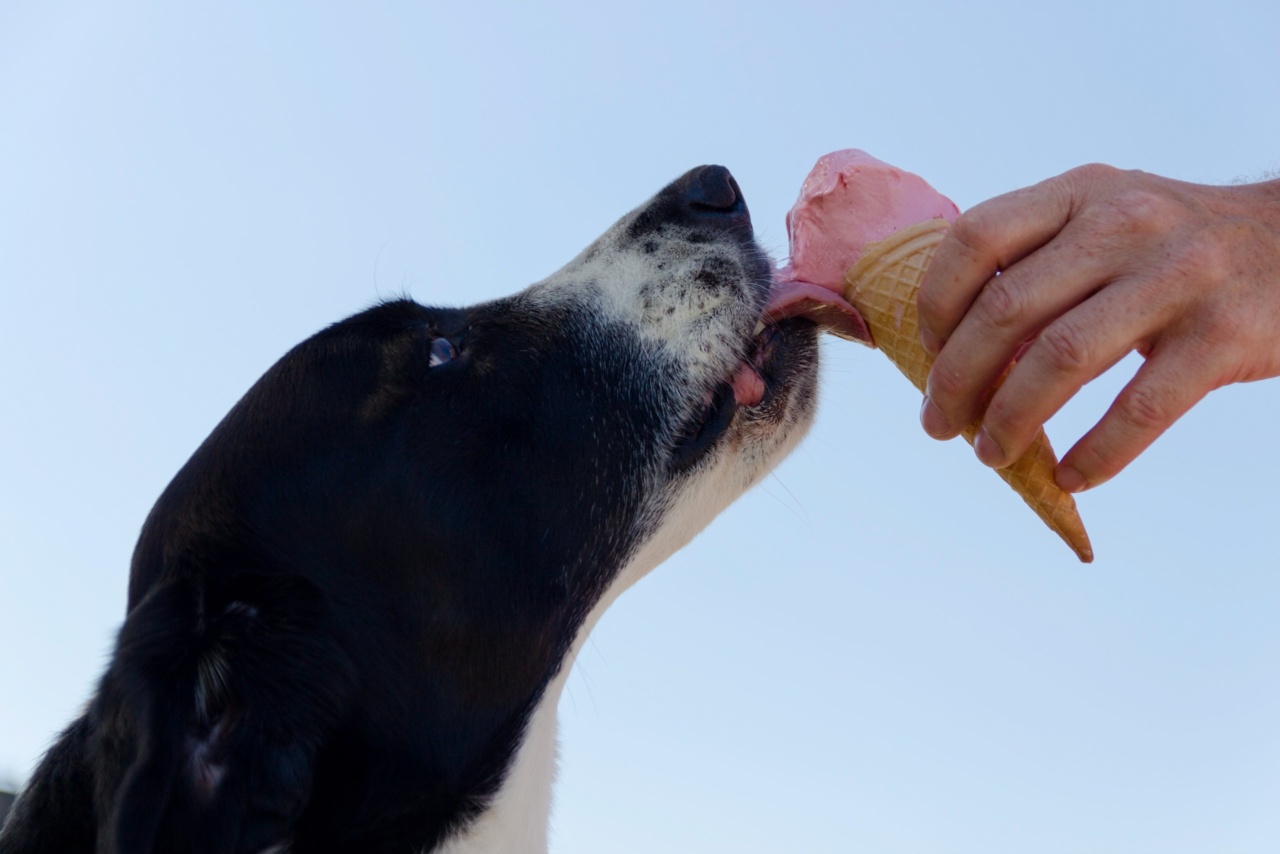Summertime brings along with it sunshine, warm weather, and longer days. While it’s a delightful season for most of us, it can have certain effects on our furry friends.
If you’ve noticed that your dog’s appetite seems to decrease during the summer months, you’re not alone. Many pet owners observe a decrease in their dog’s food intake when the temperature rises. Let’s explore some of the reasons why your dog may be eating less in the summer and what you can do to ensure their health and well-being.
1. Increased heat and reduced activity levels
During the summer, both humans and dogs tend to feel less inclined to engage in physical activities due to the heat. Just like us, dogs may become less active in an attempt to conserve energy and avoid overheating.
Consequently, their decreased physical activity levels can lead to a decrease in appetite as well.
2. Heat-induced loss of appetite
Dogs regulate their body temperature primarily through panting. This natural cooling mechanism can cause them to lose their appetite as they put their energy into decreasing their body temperature.
Similar to how we may not feel like eating in extremely high temperatures, dogs may also have a reduced desire to consume food.
3. Fresh water availability
Dehydration is a common concern during the summer months, especially for outdoor pets. Dogs may inadvertently reduce their food intake if they do not have access to fresh and clean water.
It’s important to ensure that your dog has an adequate supply of water throughout the day, as this can help stimulate their appetite.
4. Seasonal changes in metabolism
Just as humans experience changes in metabolism during different seasons, dogs may also go through similar variations. They may have a slightly slower metabolism during the hotter months, which can lead to a decrease in appetite.
However, it’s essential to monitor your dog’s weight and overall health to ensure they’re still receiving the necessary nutrients.
5. Seasonal allergies and discomfort
Summertime often comes with an increase in environmental allergens such as pollen, grass, and insects. Dogs, like humans, can be susceptible to these allergies, which can cause discomfort and a decrease in appetite.
If you notice symptoms such as excessive scratching, sneezing, or watery eyes, it’s best to consult with your veterinarian for appropriate treatment options.
6. Food spoilage and bacterial growth
In warmer weather, food tends to spoil more quickly. If you leave your dog’s food out for extended periods, it may become less appealing due to bacterial growth or changes in texture and taste.
It’s important to store your dog’s food properly and discard any leftovers to prevent spoilage and maintain freshness.
7. Changes in routine and environment
Summertime often brings about changes in routine and environment for both humans and their pets. Family vacations, outdoor activities, and spending more time away from home can disrupt your dog’s regular eating patterns.
Dogs thrive on consistency, so any sudden changes or disruptions can impact their appetite. Attempt to maintain a consistent feeding schedule and a quiet and calm feeding environment to help alleviate any stress or anxiety.
8. Heat-related illnesses
Heatstroke and other heat-related illnesses can significantly affect a dog’s appetite. These conditions are dangerous and require immediate veterinary attention.
If you suspect that your dog is suffering from heatstroke or heat exhaustion, it’s crucial to seek veterinary care right away. Common symptoms include excessive panting, drooling, weakness, and collapse.
9. Adjusting their food for the season
Dogs may naturally adjust their food intake based on their individual needs. Some dogs may find it more challenging to digest heavy or calorie-dense meals during the summer months.
Consider consulting with your veterinarian to determine if adjusting your dog’s diet or providing lighter meals is appropriate for the season.
10. Health issues
While decreased appetite in the summer is relatively common, it’s important to remember that it can also be a sign of underlying health issues.
If your dog’s appetite remains significantly reduced or they display other concerning symptoms, it’s essential to seek veterinary advice. Certain medical conditions, such as gastrointestinal problems or organ dysfunctions, can affect a dog’s appetite regardless of the season.
In conclusion, a decrease in your dog’s food intake during the summer months can be attributed to various factors.
Increased heat, reduced activity levels, heat-induced loss of appetite, seasonal allergies, food spoilage, changes in routine, and health issues can all contribute to a decreased appetite in dogs. It’s crucial to ensure your dog stays hydrated, has access to fresh water, and receives appropriate veterinary care if needed.
By being attentive to their needs and monitoring their health, you can help ensure your furry friend remains happy and healthy throughout the summer season.






























